compost as a mulch
njitgrad
10 years ago
Related Stories

GARDENING GUIDESNew Ways to Think About All That Mulch in the Garden
Before you go making a mountain out of a mulch hill, learn the facts about what your plants and soil really want
Full Story
GARDENING GUIDESGet on a Composting Kick (Hello, Free Fertilizer!)
Quit shelling out for pricey substitutes that aren’t even as good. Here’s how to give your soil the best while lightening your trash load
Full Story
GARDENING GUIDESHow to Pick a Mulch — and Why Your Soil Wants It
There's more to topdressing than shredded wood. Learn about mulch types, costs and design considerations here
Full Story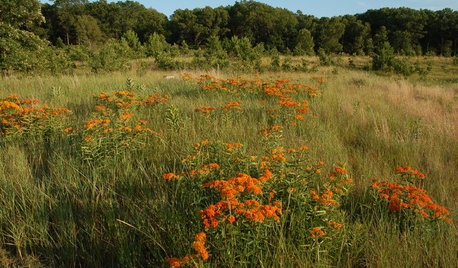
GARDENING GUIDESThe Art of Green Mulch
You can design a natural garden that doesn’t rely on covering your soil with wood and bark mulch
Full Story
GARDENING GUIDESGarden Myths to Debunk as You Dig This Fall and Rest Over Winter
Termites hate wood mulch, don’t amend soil for trees, avoid gravel in planters — and more nuggets of garden wisdom
Full Story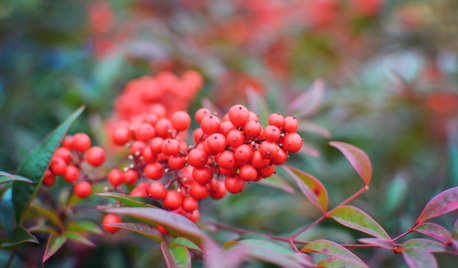
GARDENING GUIDESMid-Atlantic Gardener's January Checklist
Scatter berries while ye may, be kind to your fair-feathered friends and try a time-saving compost trick that will keep you out of the cold
Full Story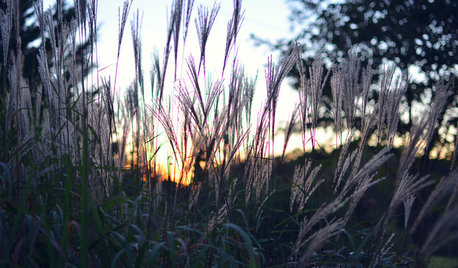
GARDENING GUIDESMid-Atlantic Gardener's November Checklist
Winding down for winter means prepping, potting, piling and picking an indoor solution for daily compost
Full Story0
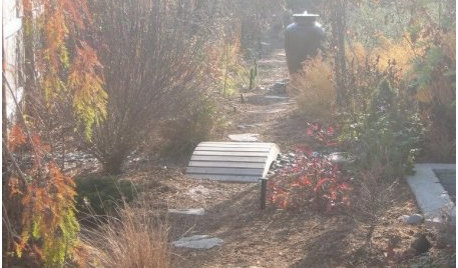
GARDENING GUIDESCentral Plains Gardener's November Checklist
Mulching, seeding, feeding — several small tasks to ensure a winter of activity, and a good spring start.
Full Story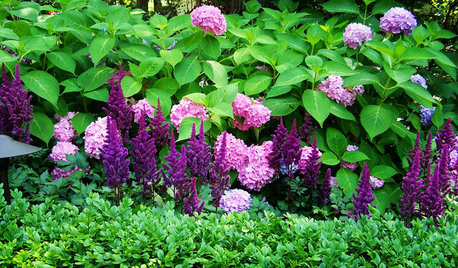
GARDENING GUIDESSoutheast Gardener's May Checklist
Bask in the blooms and mind your mulch this month; summer means lots to savor and lots to do in the garden
Full Story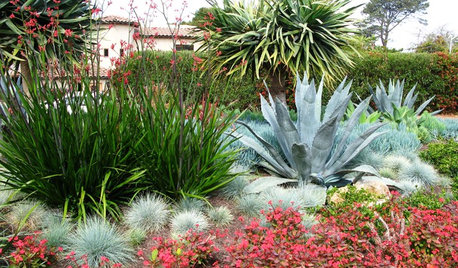
GARDENING GUIDESGardening Solutions for Dry, Sandy Soils
Has your desert or beachy site withered your gardening creativity? Try these ideas for a beautiful, easy-care landscape
Full Story







TXEB
gardengal48 (PNW Z8/9)
Related Professionals
Citrus Heights Landscape Architects & Landscape Designers · Broadlands Landscape Contractors · Clearlake Landscape Contractors · Dallas Landscape Contractors · Desert Hot Springs Landscape Contractors · Ramsey Landscape Contractors · Rochester Landscape Contractors · Seminole Landscape Contractors · Shoreview Landscape Contractors · West Haverstraw Landscape Contractors · New Carrollton Landscape Contractors · Silver Firs Landscape Contractors · Elkridge Decks, Patios & Outdoor Enclosures · Aberdeen Decks, Patios & Outdoor Enclosures · West Bloomfield Township Decks, Patios & Outdoor EnclosuresKimmsr
Karchita
Kimmsr